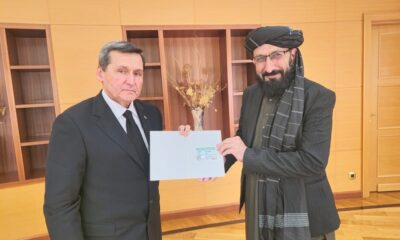Latest News
Child pneumonia, malnutrition spikes as Afghan families face impossible choice: eat or heat

As winter sets in across Afghanistan and as the economic crisis worsens, the International Committee of the Red Cross (ICRC) reports a spike in cases of child pneumonia and malnutrition.
At 33 ICRC-supported hospitals across the country, child malnutrition cases are already 90 percent higher in 2022 compared to all of 2021, rising from 33,000 cases to over 63,000 so far this year. Meanwhile, at an ICRC-supported children’s hospital in Kabul, the number of children under 5 being treated for pneumonia has risen 55 percent in 2022 versus the same period last year.
“The poverty level in Afghanistan has increased compared to past years. Most people cannot buy material to keep their homes and children warm. They also cannot afford to feed their children properly so pneumonia cases are rising, and the number of malnutrition cases linked to pneumonia will rise, too,” said Dr. Abdul Qayum Azeemi, an ICRC doctor who coordinates ICRC’s programme in Kabul’s Indira Ghandhi hospital.
Despite a significant decrease in the intensity of the fighting, the humanitarian situation in Afghanistan remains alarming. More than half the population (24 million people) need humanitarian assistance and half (20 million people) are acutely food insecure. The deepening economic crisis further impacted by international sanctions and the economic consequences of the Russia-Ukraine international armed conflict makes it impossible for millions of Afghans to make ends meet. Wheat, cooking oil and fertilizer prices have risen. People lost income sources and used up their financial reserves. The agricultural sector has also been impacted by earthquakes, droughts and floods.
“Afghan families face an impossible choice: To eat or to buy heat. And, really, they can’t afford either, resulting in a frightening rise in malnutrition and pneumonia cases,” Martin Schüepp, ICRC’s director of operations, said during his visit to Afghanistan this week. “Aid organizations can’t answer all the overwhelming cries for help. That’s why we’re urging states and development agencies to return to Afghanistan to continue providing support to the millions here in need.”
Latest News
German foreign minister criticizes promise to deport Afghans
She said that violent criminals have “lost their right to protection,” however, one should not suggest that the problem of dangerous people can be solved by “quickly” deporting them to Afghanistan or Syria.

German Foreign Minister Annalena Baerbock has indirectly criticized Chancellor Olaf Scholz and Interior Minister Nancy Faeser for promising to deport Afghan or Syrian criminals quickly.
“I believe that, especially in such uncertain times, it is not a contribution to security if you promise things that you then no longer know quite how you can actually keep the next day,” Baerbock said at an event in Hamburg, without mentioning Scholz or Faeser by name.
She said that violent criminals have “lost their right to protection,” however, one should not suggest that the problem of dangerous people can be solved by “quickly” deporting them to Afghanistan or Syria.
Baerbock also warned again against allowing the Islamic Emirate of Afghanistan (IEA) to dictate the conditions for taking back criminals.
“That’s why I’m careful not to promise things that I don’t know how to implement,” she added.
German Chancellor Olaf Scholz vowed last month that Germany will start deporting criminals from Afghanistan and Syria again after a knife attack by an Afghan immigrant left one police officer dead and several other people injured.
Germany’s interior minister Nancy Faeser also said Germany was considering deporting Afghan migrants who posed a security threat back to Afghanistan.
IEA, however, called on Germany to avoid deportation of Afghans to a third country, but address the matter through normal consular engagement.
Related stories:
German government discusses deportations to Afghanistan via Uzbekistan

IEA urges Germany to avoid deportation of Afghans to third country
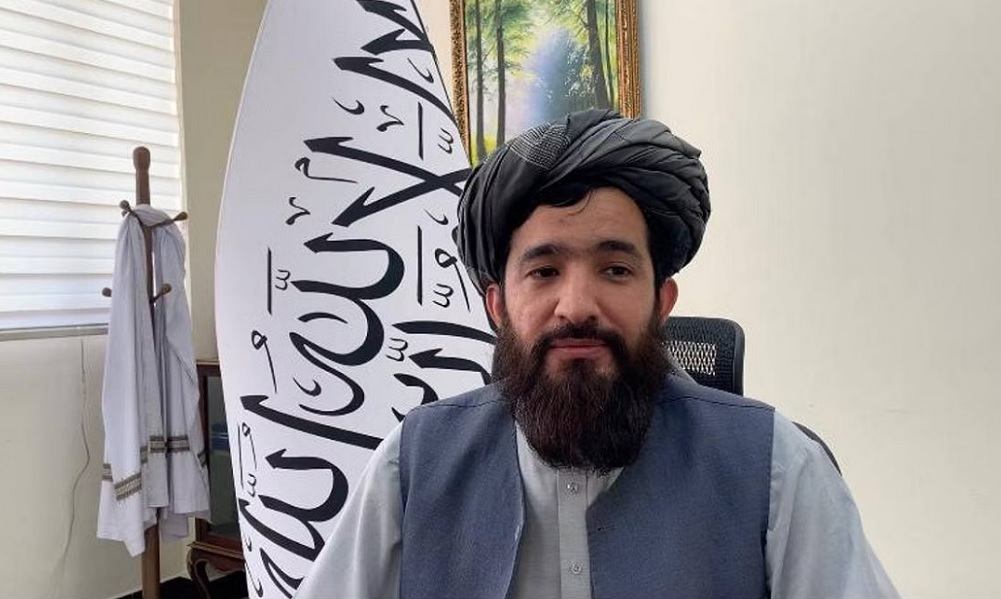
Latest News
Turkmenistan’s foreign minister accepts IEA envoy
Meredov said at a ceremony on the occasion that Turkmenistan and Afghanistan are planning to implement major projects, so it is necessary to increase the level of diplomatic relations.
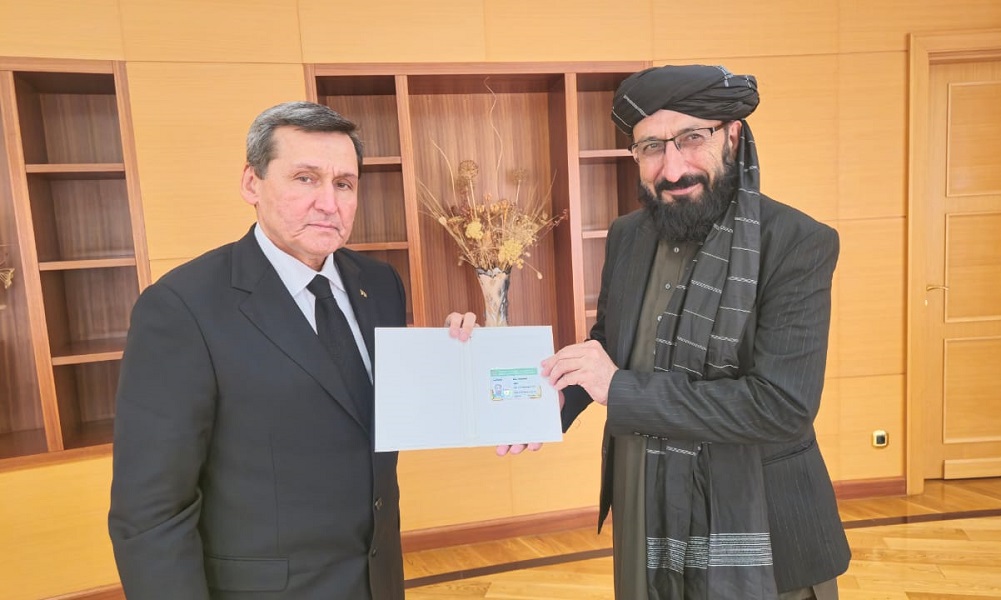
Rashid Meredov, Deputy Chairman of the Council of Ministers and Minister of Foreign Affairs of Turkmenistan, has accepted Fazl Mohammad Sabir as the Charge d’Affaires of the Embassy of Islamic Emirate of Afghanistan (IEA) in Ashgabat.
According to a statement from the Ministry of Foreign Affairs of Afghanistan, Meredov said at a ceremony on the occasion that Turkmenistan and Afghanistan are planning to implement major projects, so it is necessary to increase the level of diplomatic relations.
He expressed hope that with the joint diplomatic efforts of the two countries, the practical work of the TAPI gas pipeline, TAPI power transmission and railway between Torghundi and Herat will begin soon.
The Islamic Emirate took control of Afghanistan in August 2021, but no country has recognized it as a government.
But some countries in the region have established closer relations with the Islamic Emirate than others.
In December last year, Chinese President Xi Jinping accepted Asadullah Bilal Karimi’s credentials as Afghanistan’s ambassador to Beijing.
Related stories:
China’s president accepts credentials for Afghanistan’s envoy to Beijing
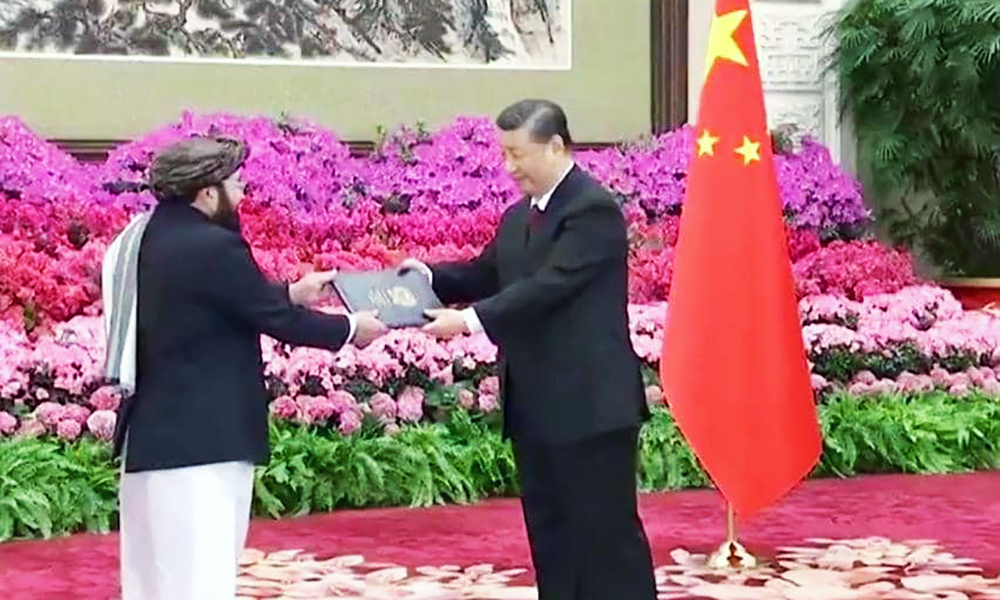
Russia continues to work on removing IEA from list of banned groups: Kabulov
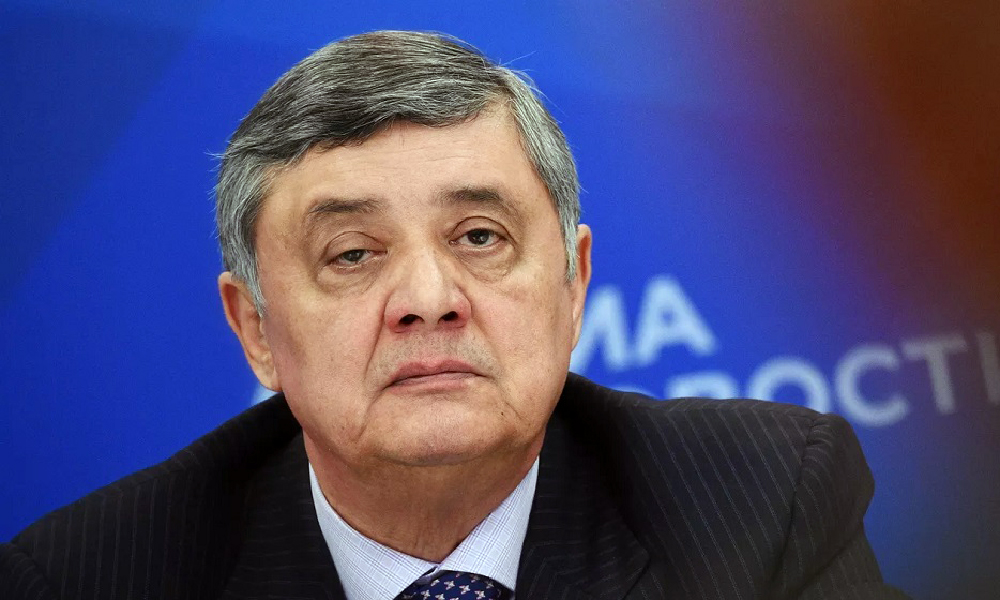
Latest News
US Congress to hold meeting to review situation of Afghan women

The U.S. Congressional Human Rights Commission said in a statement it will hold a meeting on Tuesday this week to review the situation of Afghan women.
This meeting will be held on Tuesday next week with the presence of Rina Amiri, the US special representative for Afghan women’s affairs, Heather Barr, director of the Women’s Rights Division at Human Rights Watch and a number of other Afghan women.
Based on the statement of the commission, the participants of this meeting will review the human rights issues including the situation of women and girls in Afghanistan and provide recommendations for the action of the US Congress.
“Since August 2021, the situation of Afghan women and girls has significantly worsened. A growing list of severe restrictions imposed by the Taliban has severely reduced women’s ability to participate in public life,” the statement read.
This commission also pointed to the prohibition of women from work and denial of access to education, adding that the control over women’s private lives has increased.
Meanwhile, the Islamic Emirate has always rejected concerns about the violation of women’s rights in Afghanistan and emphasized that it is committed to respecting women’s rights in accordance with Islamic Sharia.
-

 Sport4 days ago
Sport4 days agoOlympics finally here; What you need to know
-

 Health4 days ago
Health4 days agoHealth partners provide services 589,205 people in Afghanistan in last month
-

 Business5 days ago
Business5 days agoConference on Islamic microfinance kicks off in Kabul
-

 Latest News4 days ago
Latest News4 days agoAfghanistan’s Hajj ministry confirms death of 27 pilgrims in Mecca and Medina
-

 Sport4 days ago
Sport4 days agoACB proposes ODI fixtures against top-tiered teams
-
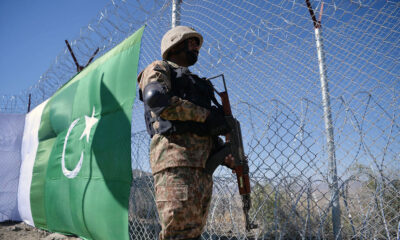
 Latest News4 days ago
Latest News4 days agoIslamabad claims three terrorists killed at Pakistan-Afghanistan border
-

 Latest News5 days ago
Latest News5 days agoPakistan blames Afghanistan for its security failures: Fazl-ur-Rahman
-
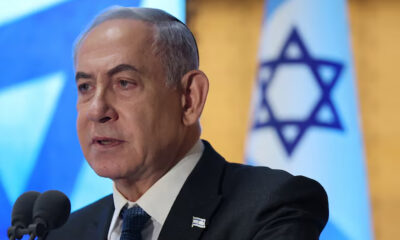
 World4 days ago
World4 days agoNetanyahu says Israel will be a key US ally whoever replaces Biden






